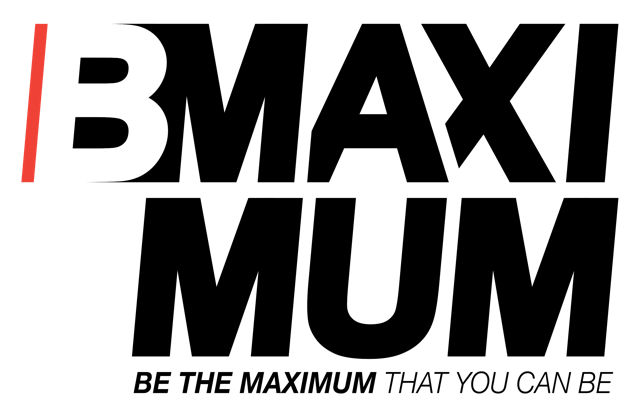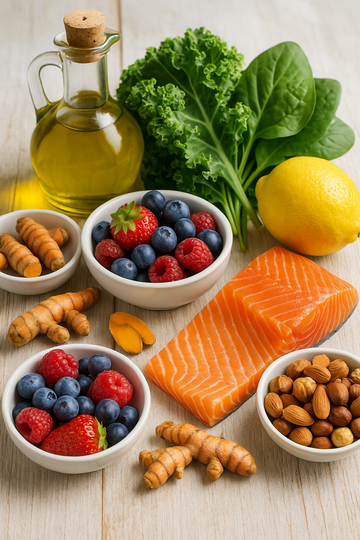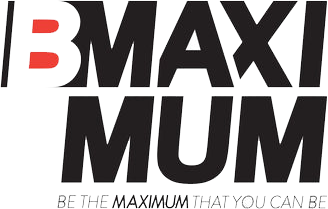
When it comes to building muscle, protein often takes center stage. However, despite its well-established role in muscle growth, there are numerous myths and misconceptions about protein intake. These myths can lead to confusion and even hinder your progress in the gym. In this blog post, we'll debunk the five biggest myths about protein and muscle gain.
1. Myth: More Protein Equals More Muscle
One of the most pervasive myths is that consuming an excessive amount of protein will automatically lead to more muscle gain. While protein is crucial for muscle repair and growth, the body has a limit to how much it can utilize. The typical recommendation is around 1.6 to 2.2 grams of protein per kilogram of body weight for those actively seeking muscle growth. Consuming more than this won't necessarily accelerate muscle gains and may instead put undue stress on the kidneys and liver.
2. Myth: You Need Protein Immediately After a Workout
The idea that there's a narrow "anabolic window" post-workout, during which protein intake is crucial, is often overstated. While it's true that protein intake after exercise can support muscle repair, the urgency is not as critical as once believed. Recent research suggests that as long as you consume sufficient protein within a few hours post-exercise, muscle protein synthesis will be maximized. The key is consistent protein intake throughout the day rather than rushing to consume it immediately after your workout.
3. Myth: Animal Proteins Are Superior to Plant Proteins for Muscle Gain
There's a common belief that animal proteins are superior to plant proteins due to their complete amino acid profile. While animal proteins are typically more complete, meaning they contain all nine essential amino acids, plant-based proteins can still effectively support muscle growth. The key is to consume a variety of plant proteins to ensure a complete amino acid profile. Additionally, certain plant-based protein supplements, like pea and soy protein, are comparable to animal proteins in their ability to promote muscle growth.
4. Myth: You Can't Gain Muscle on a Vegetarian or Vegan Diet
Closely related to the previous myth is the idea that a vegetarian or vegan diet is inadequate for muscle building. This is simply not true. Many athletes and bodybuilders thrive on plant-based diets. The important factor is ensuring adequate protein intake from a variety of sources. Foods like legumes, nuts, seeds, whole grains, and tofu can provide the necessary amino acids for muscle repair and growth. Additionally, plant-based protein powders can help meet daily protein requirements.
5. Myth: Plant Protein Powders Are Less Effective Than Whey Protein Powders
A common misconception is that plant protein powders are less effective than whey protein powders for muscle gain. While it's true that whey protein is a complete protein and has a high digestibility, many plant-based protein powders are also effective. Modern plant protein powders, such as those derived from pea, soy, or a blend of various plants, are formulated to provide a complete amino acid profile. Studies have shown that these plant-based options can support muscle protein synthesis and overall muscle growth comparably to whey protein, especially when consumed in adequate amounts and as part of a balanced diet.
B Maximum: Your Source for High-Quality Protein Powders
B Maximum offers a number of high-quality protein powders to help you achieve your muscle-building goals. Each product is carefully formulated to support muscle growth, recovery, and overall health, making B Maximum a trusted partner in your fitness journey.
Conclusion
Understanding the role of protein in muscle building is crucial for anyone looking to maximize their gains. It's important to cut through the myths and focus on evidence-based practices. Adequate protein intake, a balanced diet, and consistent training are the true keys to building muscle. Remember, more isn't always better, and variety in your protein sources is valuable for overall health. By dispelling these myths, you can create a more informed and effective approach to your fitness journey.







